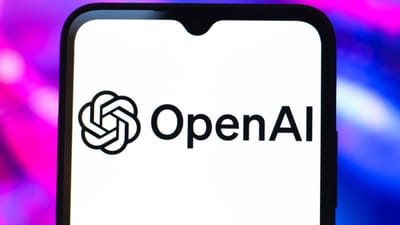
Google’s New Plan to Verify AI Ethical Standards
Google is pushing for a new approach to evaluate whether artificial intelligence systems truly understand moral reasoning. DeepMind researchers argue that current tests only measure how well a model mimics ethical language, not whether it grasps underlying moral principles. They outline three major challenges—facsimile problem, multidimensionality, and cultural pluralism—and propose adversarial scenarios that force models to demonstrate genuine moral competence. The roadmap calls for tests that go beyond surface answers, requiring AI to navigate nuanced, culturally aware ethical dilemmas before being trusted with real‑world decisions.










